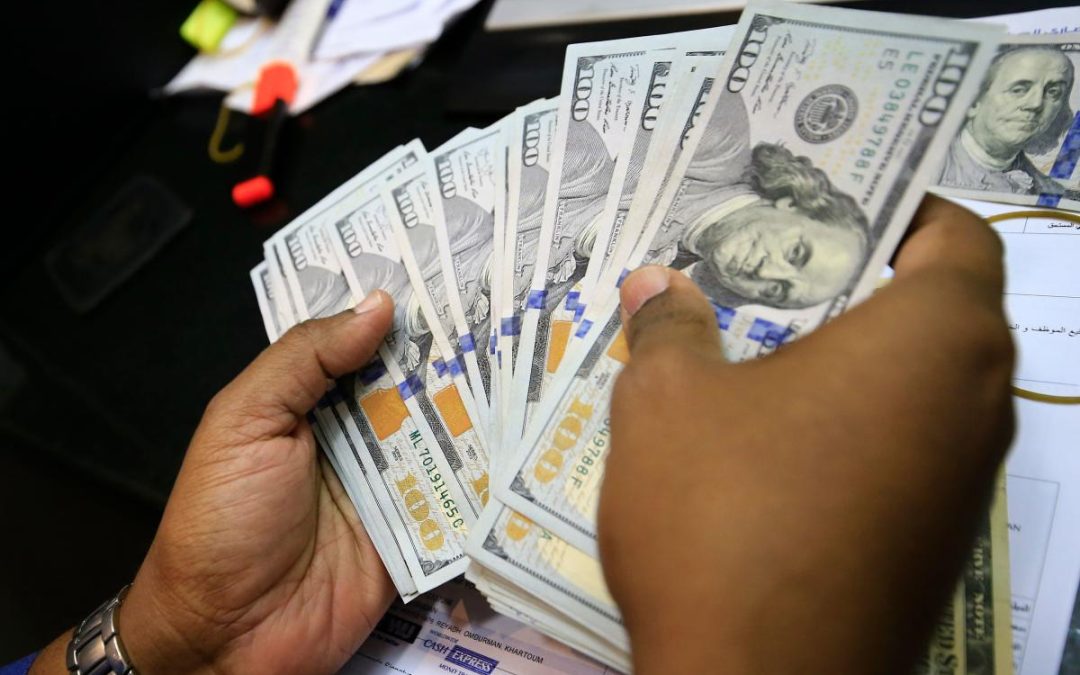KARACHI: Pakistan needs to change its focus from geopolitics to geo-economics and let its neighbors use the China-Pakistan Economic Corridor (CPEC) to improve their economies. This will also help Pakistan strengthen its place in the region and beyond.
Dr. Rabia Akhtar, Dean of the Faculty of Social Sciences at the University of Lahore, stated at the “South Asia and Regional Connectivity in the 21st Century” conference that the national security policy stressed the significance of the geo-economics paradigm in order to address the nation’s geopolitical issues.
She said that Pakistan’s pursuit of geo-economic goals would help improve the country’s economy and add to its efforts to deal with security issues. “The policy recognizes that a safe and wealthy Pakistan can be more involved and helpful in regional and international issues, giving the country more power and voice.”
Pakistan needs CPEC badly, so problems in phase II must be solved. “We should not use CPEC as a litmus test for BRI. Instead, we should stress that its infrastructure is open for investment in Special Economic Zones (SEZs) and other places,” she said.
She stressed that adding Afghanistan to CPEC would be good for all three countries: Pakistan, Afghanistan, and Iran.
Dr. Farhan Hanif Siddiqui, an associate professor in the school of politics and international relations at Quaid-e-Azam University, said that even though Pakistan and India disagree politically, they could improve their trade and economic ties.
“The world is full of wars, conflicts, and hatred, but people talk to each other to solve them.” Countries have moved forward without fully ending their conflicts. For example, the US and China have always been enemies. Still, they trade a lot—$700 billion worth of goods with each other last year, he said.
In the same way, China and India traded goods and services worth $125 billion last year, even though their borders were very tense.
Pakistan and India could no longer live apart without working together. I think India needs to talk to Pakistan. He made it clear that Pakistan needs to let India in.
Dr. Naeem Ahmed, chairman of the University of Karachi’s Department of International Relations, said that CPEC was the most important project in China’s Belt and Road Initiative (BRI). “This has improved Pakistan’s chances of economic cooperation and connecting with other countries in the region.” But India, Pakistan, and Afghanistan, three of the most important countries in the region, are still fighting over old border conflicts.
He said that countries in the region needed to talk to each other more and build trust. He also said that they needed to be more ready to put economic growth and connecting the region ahead of traditional security concerns.
He said that the BRI includes about 70 countries, 65% of the world’s people, and 40% of the world’s GDP. Ahmed Rashid, a famous author and expert on foreign policy, asked, “Can we have connectivity when you see all of your neighbours as enemies and danger?” Is it possible to use the connection for things other than trade?”
“What we really need is a paradigm shift in Pakistan’s foreign policy,” he replied. “We need to support a real policy of trade and better relationships.”




















